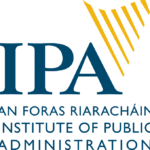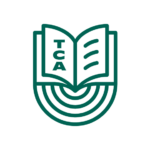Oscar Wilde once wrote that ‘the only thing worse than being talked about is not being talked about.’ These words have become something of a mantra in the world of celebrity, but they do not always hold true for corporations or brands (one need only look as far as the BP oil spill in 2010 to realise that not all publicity is good). A good public relations person must therefore understand the needs of their clients, some of whom may welcome a bit of scandal to help facilitate a change of image (certain musicians come to mind here), while others will trade off the integrity of their reputation and depend on a publicist to keep any negative press at bay (and the spectacular derailment of a certain cyclist springs to mind here). Public Relations courses will teach you all you need to know about this exciting area.
Though it may seem a modern phenomenon, public relations has played a vital historic role in global events: Napoleon, for example, set up a Bureau of Public Opinion to shape political trends according to his will during the French Revolution; the US Committee on Public Information was used to put a positive spin on American objectives during the First World War; and, more recently, the US military utilized an extensive hearts and minds PR campaign to earn the trust of locals during the conflict in Iraq.
Of course even at the smaller end of the scale, influencing public opinion is, and always has been, challenging work. There are any number of responsibilities: PR consultants must identify client groups and audiences, devise PR plans, arrange press releases and news conferences, prepare information for media kits, establish working relationships with media reps; and as things don t always go according to plan, they must also be well-versed in crisis communication.
Thankfully, a part-time course in Public Relations will cover all of these elements as well as help foster a thorough understanding of the full range of the job s requirements. Training will also be given in the importance and best use of the Internet and social media in planning and running PR campaigns.
While public relations courses are mainly geared towards helping students find work within an agency, many will also provide information on how to set up shop as a freelancer, covering such aspects as rates, contracts, business and marketing plans, and most importantly how to source clients.
It should go without saying that to get the most from a PR course, students will need to have plenty of enthusiasm and energy, be clued in to social and cultural trends, and have the capacity for creative thinking and quick decision making. If you feel that you tick these boxes and could get used to dealing with a bit of glamour in your life (as well as some big egos), then a course in Public Relations could well set you on your way towards creating the superstars, best sellers, and news stories of tomorrow.















